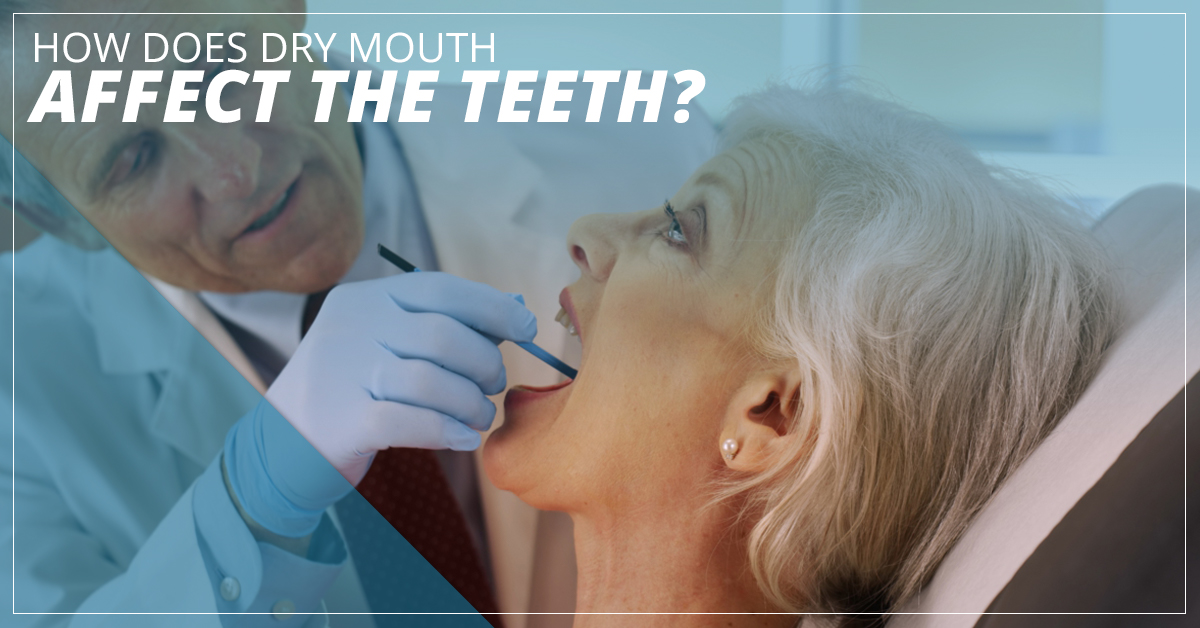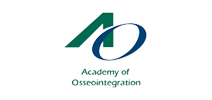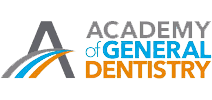
Chances are, you’ve experienced dry mouth at some point in your life. Maybe you went on a long run and didn’t have enough water beforehand, or maybe you drank a lot of coffee throughout the day and didn’t drink enough water. You may have even had trouble speaking, chewing, or swallowing when your mouth was dry.
Although dry mouth (xerostomia) may seem relatively harmless, it can actually cause some pretty severe health conditions if it’s left unchecked. Keep reading to learn more.
What does saliva do?
Talking about saliva is never the most pleasant of conversations you can have, but it’s an important one because saliva actually plays an important role in our health. Our saliva is 98 percent water and is produced in the salivary glands. The other two percent consists of many important substances including electrolytes, mucus, antibacterial compounds and various enzymes. Everyone has three pairs of these glands under and behind the jaw, sublingual, and submandibular. There are also tiny salivary glands all over your mouth and throat.
Since saliva is produced in so many different areas, it must be pretty important, right? Correct! One of the main purposes of saliva is indigestion. These functions including moistening food then forming it into bolus which can be swallowed more easily than dry food. Have you ever tried eating something dry with an already dry mouth? It’s not too pleasant!
Effects of Low Saliva
As aforementioned, saliva is a key part of the digestion process. Even when food reaches the stomach, it helps to break down foods that you’ve consumed. But that’s not the only side-effect of low saliva. Saliva also helps to wash out and fight bacteria that are found on your teeth and gums. Aside from that, it also helps to rebuild enamel on your teeth that is lost through chewing. When the mouth is dry and you consume food, plaque will begin to form immediately and there will be nothing there to break it up and dilute the acidic substances that we consume.
According to the American Dental Association (ADA), oral candidiasis can result from dry mouth. This is a fungal infection that can cause pain and bad breath. Another effect of dry mouth is burning mouth syndrome which is basically what it sounds like. This is a burning feeling in the mouth caused by a lack of saliva production. Although these conditions are mild compared to the effects of low saliva on your teeth, they’re still worth noting.
Preventing Dry Mouth
Now that you know the effects of dry mouth, you’re probably ready to do everything you can to prevent it. The main way to increase saliva production is to simply drink more water. Since saliva production is directly linked to the amount of water you consume, you’ll need to drink a lot more water than you think. It also helps to avoid things like coffee, alcohol, salty and sugary foods, and cigarettes, because these can all make you dehydrated and more susceptible to dry mouth.
If you already have dry mouth, it’s important to take the necessary steps to fix the issue before it results in more serious dental issues like cavities, gum disease, or periodontal disease. First and foremost you should start drinking more water and brush more frequently. This will help to restore the condition of your mouth by rehydrating it and eliminating any bacteria and plaque that built up when it was dry. Additionally, you’ll want to schedule an appointment with a certified dental professional.
Contact Pacific Northwest Specialists In Periodontics and Dental Implants
If you’ve experienced dry mouth for a long time and believe it is taking a toll on your dental health, you should contact a periodontist at Pacific Northwest today. Periodontists specialize in the supporting structures of your teeth. What this means is that if you have an oral condition that has led to deterioration in the supporting structures of your teeth such as your gums, jawbone, periodontal ligament or the tooth itself, a periodontist will be able to work with you to create a plan and restore your oral health allowing you to chew naturally again. If you have any questions, please contact us today.








